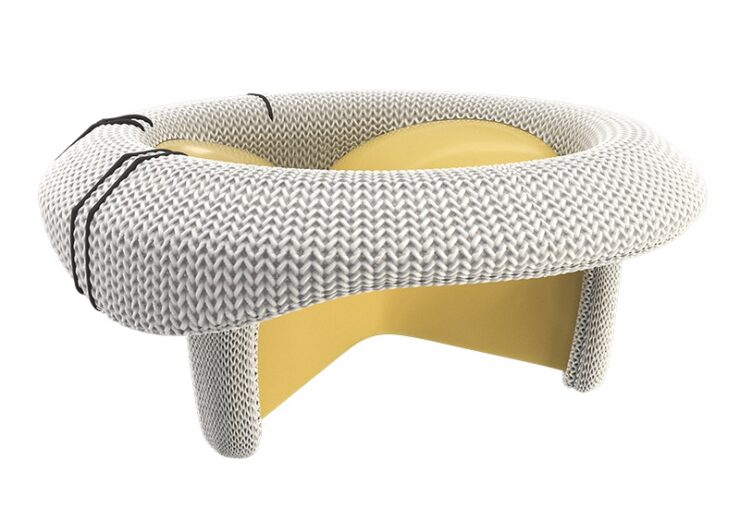Mitris Resilia is a low-profile valve, designed based on the company’s Perimount valve design with a nitinol wireform, which allows the valve to fold inward during implantation

The Mitris Resilia valve is made with advanced tissue technology. (Credit: Business Wire)
US-based medical technology company Edwards Lifesciences has received the CE mark for its Mitris Resilia valve, a tissue valve replacement designed for the heart’s mitral position.
Mitris Resilia is a low-profile valve, designed based on the company’s Perimount valve design with a nitinol wireform, which allows the valve to fold inward during implantation.
It features a saddle-shaped sewing cuff that mirrors the asymmetric shape of the native mitral valve and leverages advanced bovine pericardial tissue technology.
The technology minimises the build-up of calcium on the valve surface, protects the tissue and allows the valve to potentially last longer compared to conventional bioprosthetic valves.
Furthermore, the Mitris Resilia valve can be visualised under fluoroscopy, which facilitates potential future transcatheter interventions for patients.
Edwards’ Surgical Europe senior vice president John Barry said: “Edwards Lifesciences is committed to addressing the needs of patients with structural heart disease. Our RESILIA tissue technology is designed for enhanced durability, supporting improved quality of life for patients and relieving the burden on healthcare systems.”
Data from the COMMENCE aortic trial showed low rates of structural valve deterioration, 99.3% freedom from structural valve deterioration, and 97.2% freedom from reoperation with Resilia.
In addition, the COMMENCE mitral trial showed clinically stable haemodynamics and 98.7% freedom from structural valve deterioration at five years.
Edwards has secured the US Food and Drug Administration (FDA) approval last year.
Hospital Clínic de Barcelona cardiac surgery department head of the section Daniel Pereda Arnau said: “For patients who need a mitral valve replacement, the advanced Mitris Resilia valve, designed to mimic the native valve, is based on a trusted pericardial Perimount.
“As valve durability is becoming increasingly important, the integrity-preservation technology incorporated in the Resilia tissue that will potentially allow the valve to last longer is critical.”
Recently, Edwards received the CE mark for its Evoque tricuspid valve replacement system to treat eligible patients with tricuspid regurgitation (TR).
Evoque system features a nitinol self-expanding frame, intra-annular sealing skirt, and tissue leaflets made from the same bovine pericardial tissue as the company’s heart valves.
